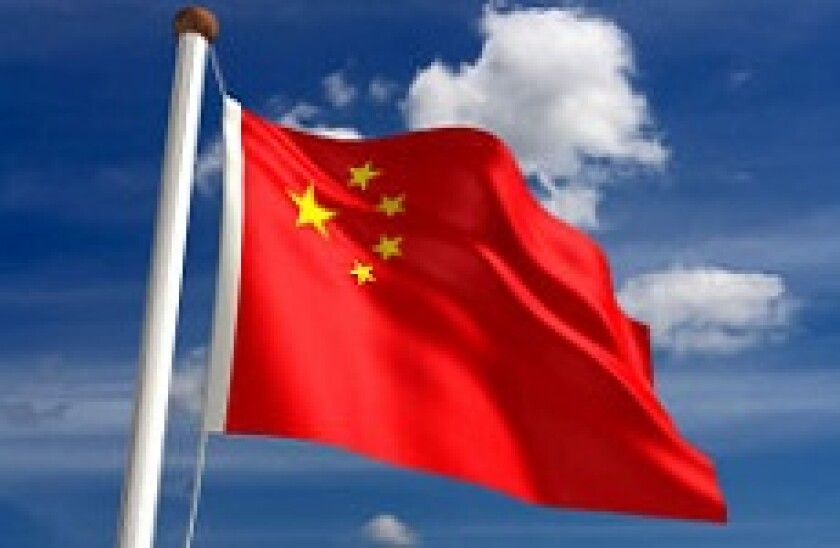It's worth remembering that stocks are still up hugely from a year ago, but the direction of travel has made authorities jumpy. They have responded with a barrage of measures including the suspension of IPOs (again) and the use of a state fund to buy shares. On Wednesday night they went a step further, banning big shareholders from selling for six months.
But far from stemming the losses, in the week since China’s regulators first interfered in the stock market, equities have continued to tumble. In Europe the talk around Greece is about the potential for contagion, but when it comes to China that cat is already out of the bag.
On Wednesday all the region’s major exchanges closed in negative territory. On Thursday there was finally relief in some. But the upheavals have sparked questions about the effect on the global economy.
The fact that China's biggest financial institutions have been asked to shoulder some of the burden by buying shares is adding to systemic risk. The fallout hitting those many retail investors that used margin financing to buy stocks will hurt consumption and slow economic growth. If China responds by pausing its opening-up, the impact on foreign institutions will be great.
All of which points to an important lesson for China's authorities as they grapple with liberalisation. Scrambling interventions after the fact are of little use when macro-prudential measures have been neglected.
China has shown itself prepared to act to influence asset values elsewhere, such as in property. But when it came to the equity markets, supervision of margin financing was clearly insufficient. Now, even if stability is achieved, the financial and social costs will have been severe.
If that sounds familiar, it's because it echoes previous crises elsewhere. Cheerleaders for Chinese liberalisation have long wished for the country to emulate developed markets. They will take no comfort from the grim evidence that it is repeating their mistakes.

